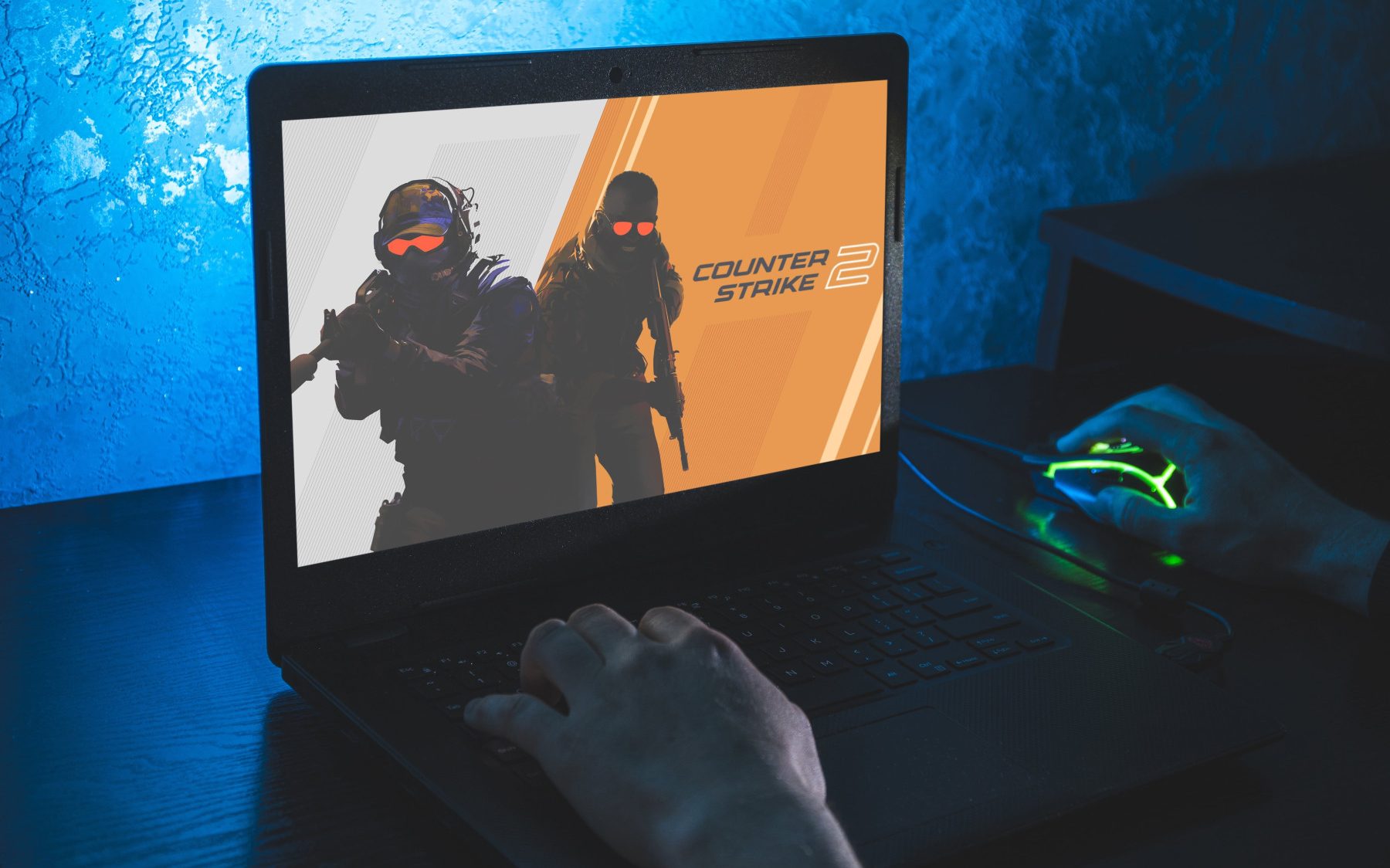
2023 was a time of significant changes for Counter-Strike. From a plan to limit franchising to a long-awaited new instalment in the series, Counter-Strike will remain forever changed due to happenings this year.
Esports Insider looked at some of the biggest developments and highlighted the most impactful business-related moments in Counter-Strike this year, including announcements from Valve, a perfect farewell, and the potential end of an iconic brand.
CS2 is here
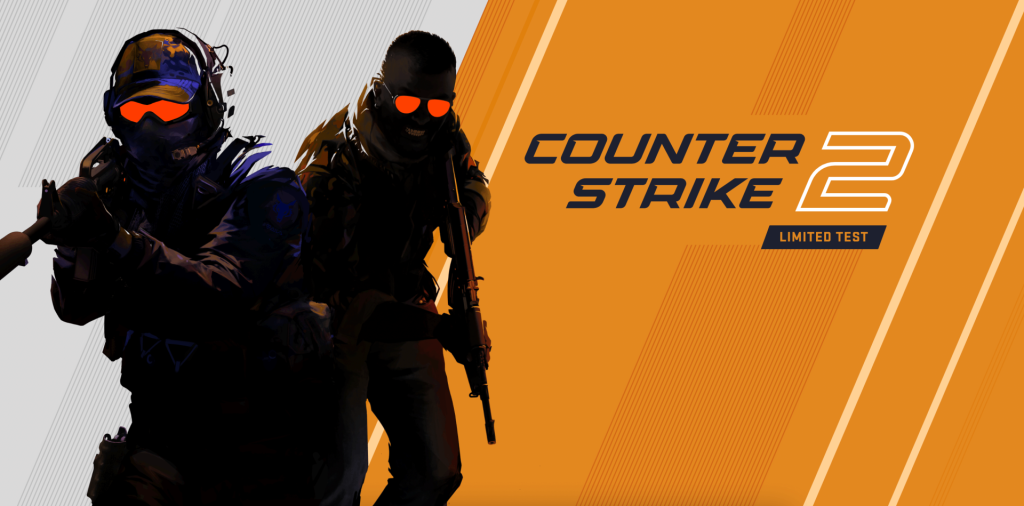
First reported by Richard Lewis, in March of this year Valve announced that Counter-Strike 2 (CS2) would be the newest addition to the Counter-Strike series. Over 10 years after the release of CS:GO there was a new game for fans to be excited about, and it provided the perfect opportunity for Valve to rebuild Counter-Strike on its new engine, Source 2.
The announcement was followed by a beta which ran until the official release of the game on September 27th. The game has undergone many patches in its short history amid discourse within the Counter-Strike community; many believe the game is not ready for competitive play whilst others have faith in Valve to amend the game based on their feedback. The release of CS2 has brought about new changes and challenges, such as grenades dissipating smokes and peekers advantage, so it is already having an immediate impact on the esports scene.
Valve’s announcement on partner leagues
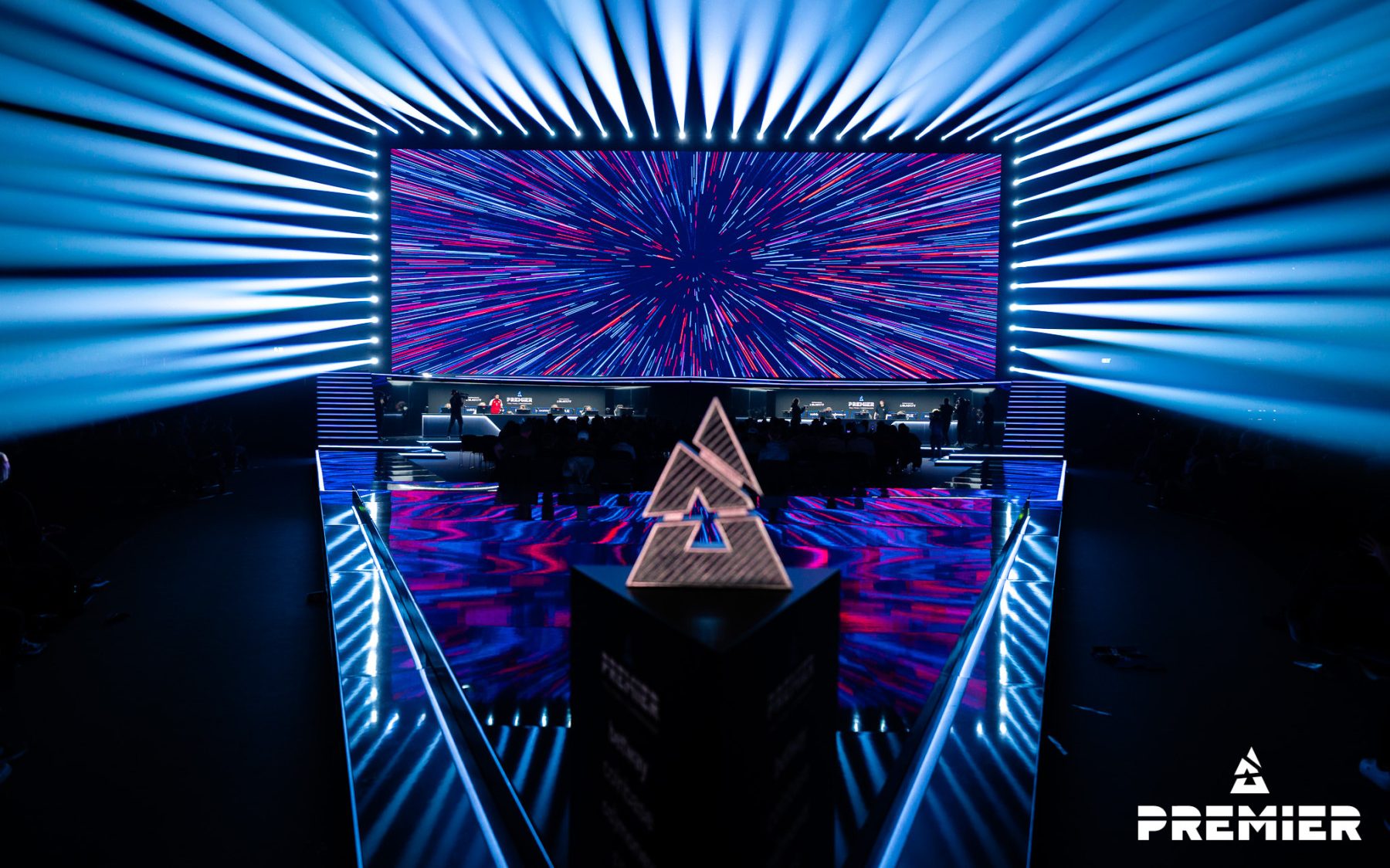
Another announcement that Valve made this year was a new set of stipulations for running CS2 esports events which will take place as of 2025. The rules state that tournament organisers cannot have “unique business relationships or other conflicts of interest” with the teams in its tournaments, as Valve aims to end franchising in Counter-Strike.
All tournaments will have to utilise open qualifiers or Valve’s ranking system in the future. This news massively affects ESL and BLAST, which both run semi-franchised leagues using invites that are not based on Valve rankings. Teams have bought permanent slots in these leagues alongside a few select spots which can be obtained through open qualifiers.
According to a report from Richard Lewis, Valve was unhappy with the closed off ecosystems that the two tournament organisers currently have, and now want to ensure there is a ‘level playing field’ for all teams.
Twitch guidelines affect Counter-Strike skin gambling sponsorships and promotion
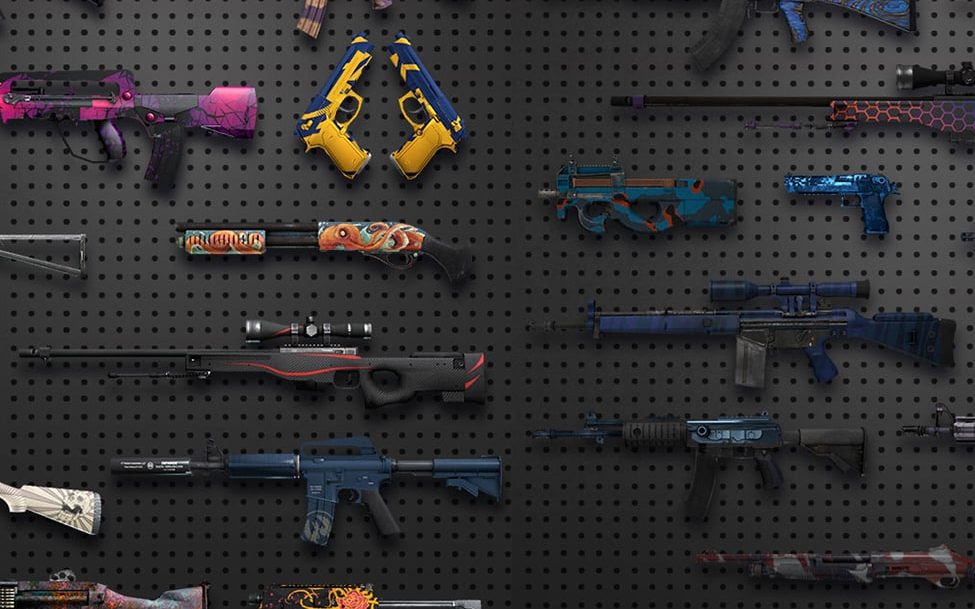
Unlike the previous two developments this one was not directly caused by Valve, but rather leading livestreaming platform Twitch. The company updated its Community Guidelines stating that the promotion and sponsorship of skins gambling sites was prohibited. The update followed a crackdown by Twitch on all gambling-related content, however, it is worth noting that this ban has only affected skin trading sites that offer gambling.
However, this move from Twitch is not the only decision that has limited skin gambling in Counter-Strike as in May, Valve’s Code of Conduct was updated so that gambling is now a bannable offence on Steam. It is not only esports teams and event broadcasts that are affected by the decision, but also content creators as a large number of top streamers on Twitch have a CS2 skin gambling sponsorship.
What’s going to happen to Complexity and FaZe Clan?
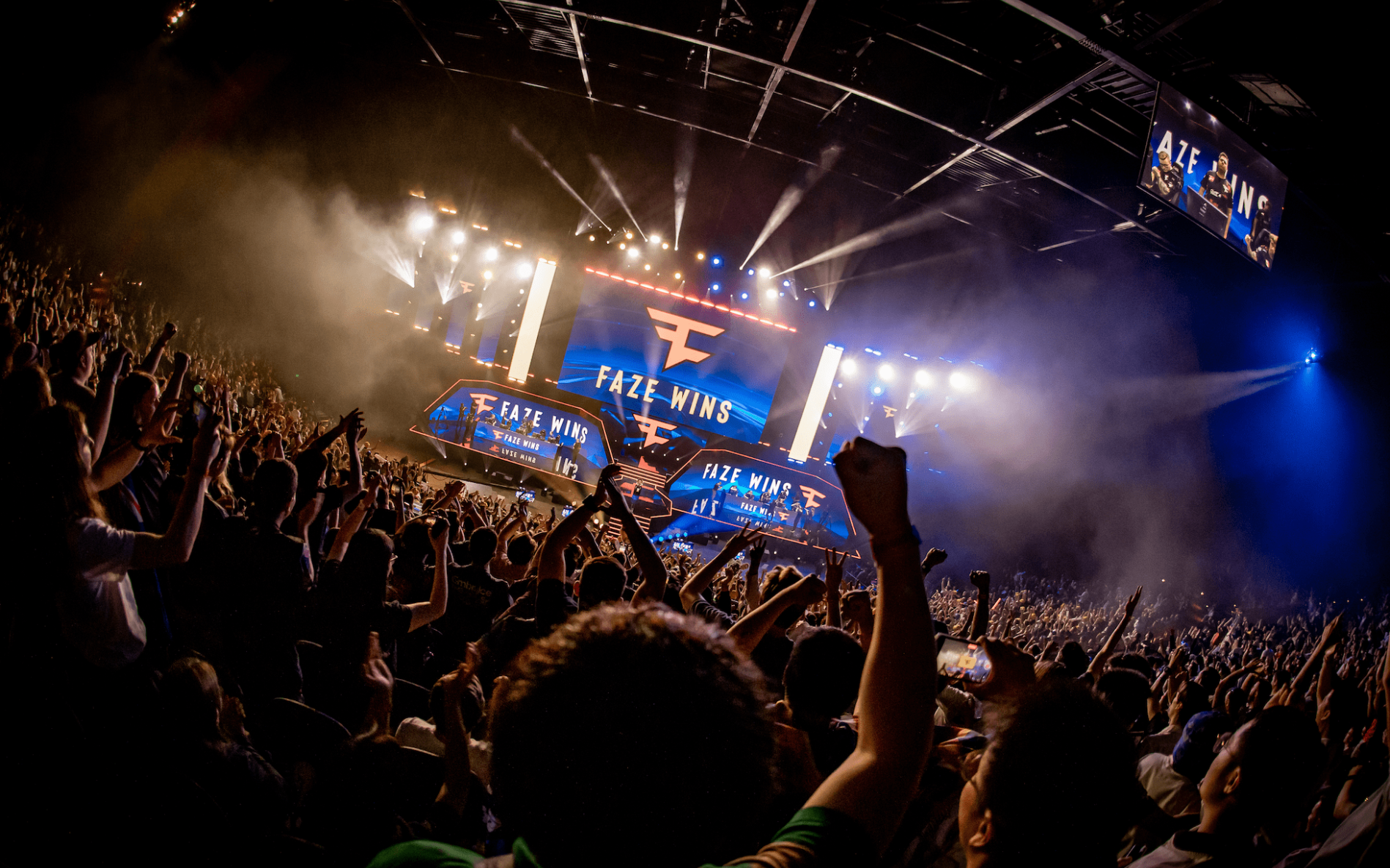
It was officially announced in October that North American esports organisation Complexity’s parent company GameSquare would acquire rival organisation FaZe Clan. FaZe has been struggling financially since going public last year, burning over $10m (~8m) per fiscal quarter, and this sale was likely made so that the brand could continue operating. However, in the world of Counter-Strike this move could lead to a serious conflict of interest as both FaZe and Complexity boast high-profile teams in the esport title.
It is currently unknown what will happen between the two teams, but in CS:GO the policy is clear that two teams owned by the same company cannot compete against one another. Furthermore, both FaZe Clan and Complexity are partner teams in the semi-franchised ESL Pro League and BLAST Premier leagues.
This begs the question; which team will GameSquare continue to field in CS2? The two brands both have a huge following. FaZe has won a Major and is currently one of the best teams in the world, whilst Complexity currently stands as the best North American team in CS2 and have captured the NA fanbase accordingly.
A Goodbye to CS:GO — The Paris Major
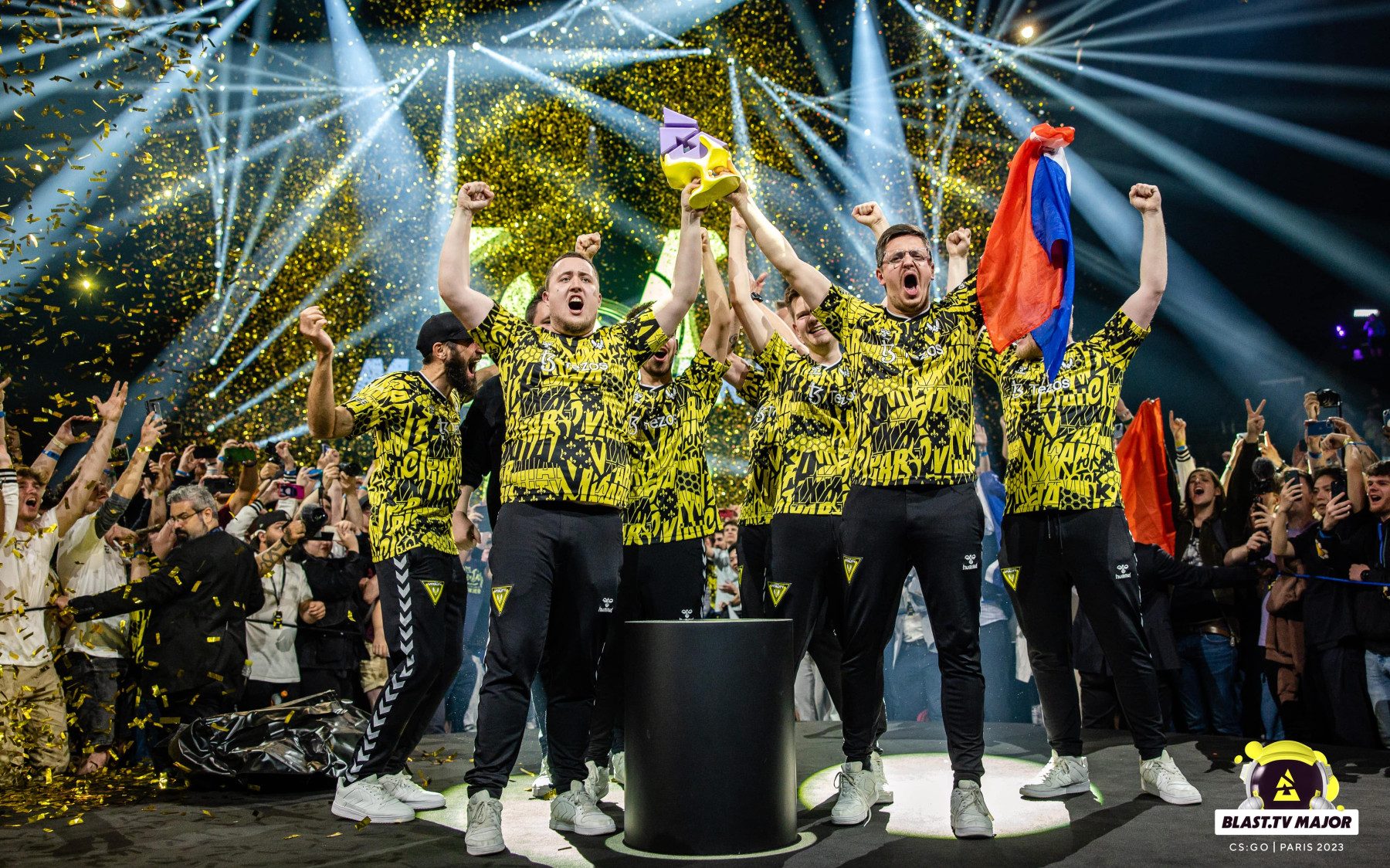
The announcement of CS2 was exciting for many reasons; it offered the chance to play on the Source 2 engine, the endless possibilities of what the new game could offer, but also that CS:GO would have one final Major in Paris. The BLAST-run event was memorable for many reasons; it featured the first British team to make a Major, the youngest ever coach to attend a Major, and the first player to ever win five Major trophies.
The BLAST.tv Paris Major was a fitting send-off for the iconic game. It became the third most popular CS:GO Major in terms of peak viewership, and gave one of the most talented players the game has ever seen, Mathieu ‘ZywOo’ Herbaut, his first Major win.
Perfect World to host first ever Asian CS Major
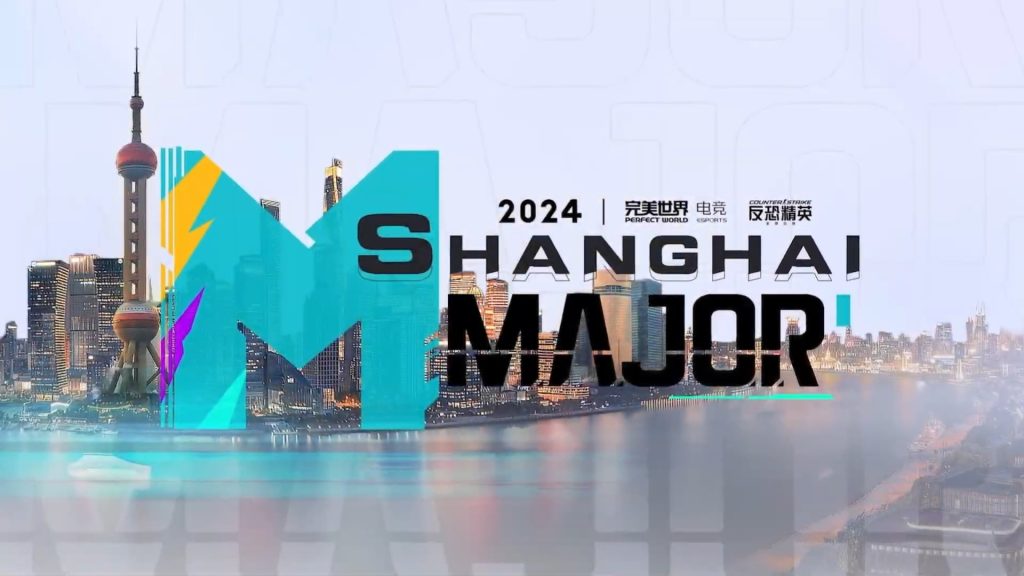
Chinese tournament organiser Perfect World announced in November that it would host the second ever CS2 Major. More importantly, the Major will become the first in CS:GO history to be held in Asia as it will take place in Shanghai, China in 2024. This move will highlight a market of Counter-Strike that is oftentimes underrepresented. Asia has always had active teams in CS:GO, but has never been able to reach the very top of competition.
It is also worth noting that China is the biggest esports market and tapping into it could potentially increase the audience of CS2 enormously, not only in China but throughout Asia.
Only one Major in 2023

After the announcement of CS2, Valve made it known that there would only be one Major in 2023, the BLAST.tv Paris Major. This was done so that teams could transition onto CS2 and be ready for the opening CS2 Major in the first half of 2024. One huge financial consequence of this decision is the lack of sticker money up for grabs, as the teams earn 50% of the profit from the viewer pass and capsules, which came to $70m (~£50m) across the PGL Majors in Stockholm and Antwerp.
The story of two Danes: delisting and investment
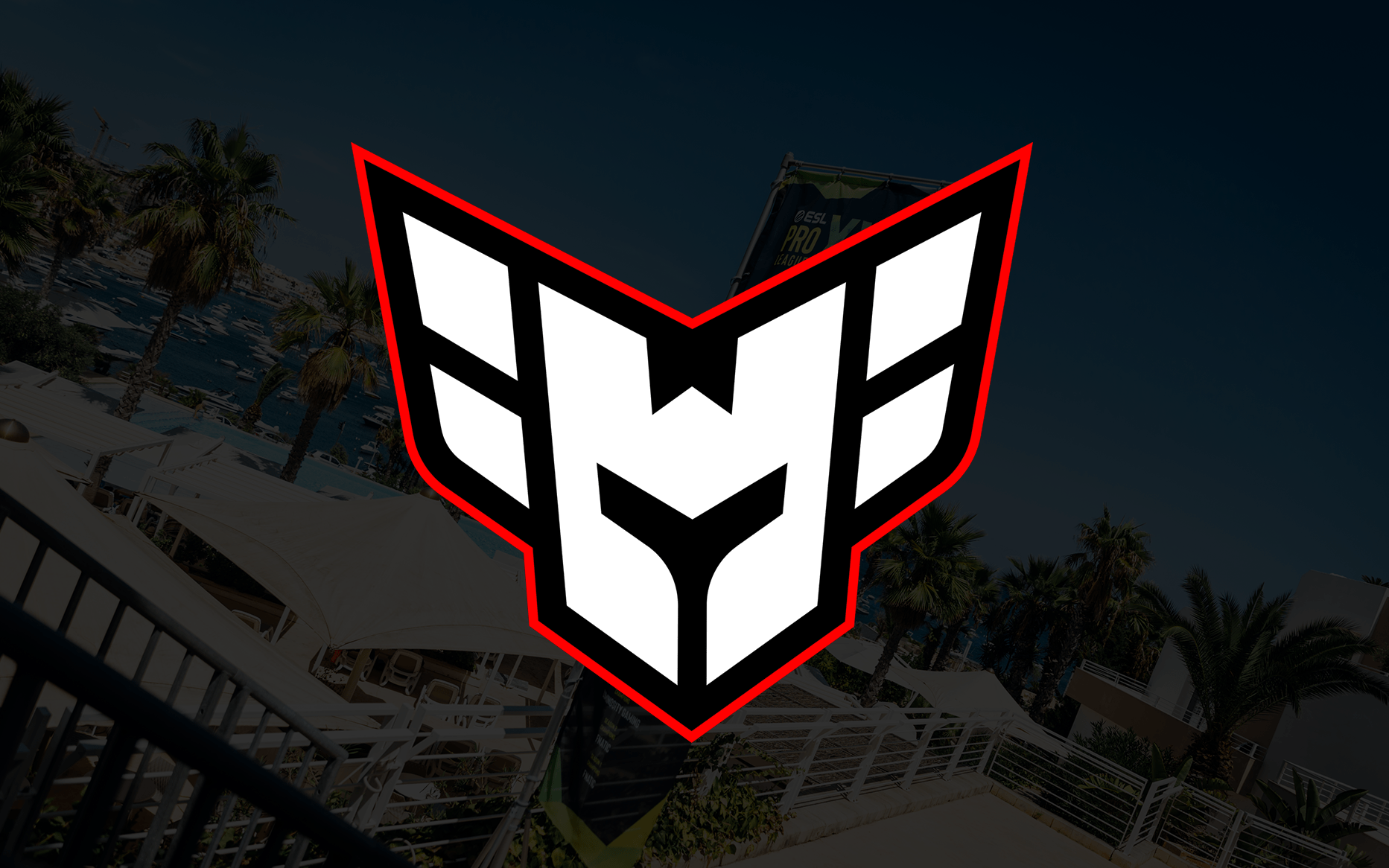
In every sport or esport, there is an era in which one team claimed complete dominance over all competition. In English football Manchester City is a prime example whereas in Basketball it is most likely Michael Jordan’s Chicago Bulls. In CS:GO it was Astralis, the Danish giants carved its name in history when they won three Majors in a row, but unfortunately the news surrounding them in 2023 wasn’t as positive. Astralis delisted from the NASDAQ First North Growth Market Denmark as the company’s stock price continued to decline. This follows a trend of publicly traded esports teams’ prices declining in the months before Astralis’ decision.
The publicly traded company, Heroic Group, is another well-known name within Counter-Strike as it has competed at the highest level for years including a second-place finish at the ESL Rio Major. This year it announced it has received a cash offer from Krow Bidco AS to acquire all outstanding shares in the company. The deal followed news that Heroic Group had desperately tried to raise money to stay afloat and amazingly secured a NOK 10m (~£750,000) investment.
